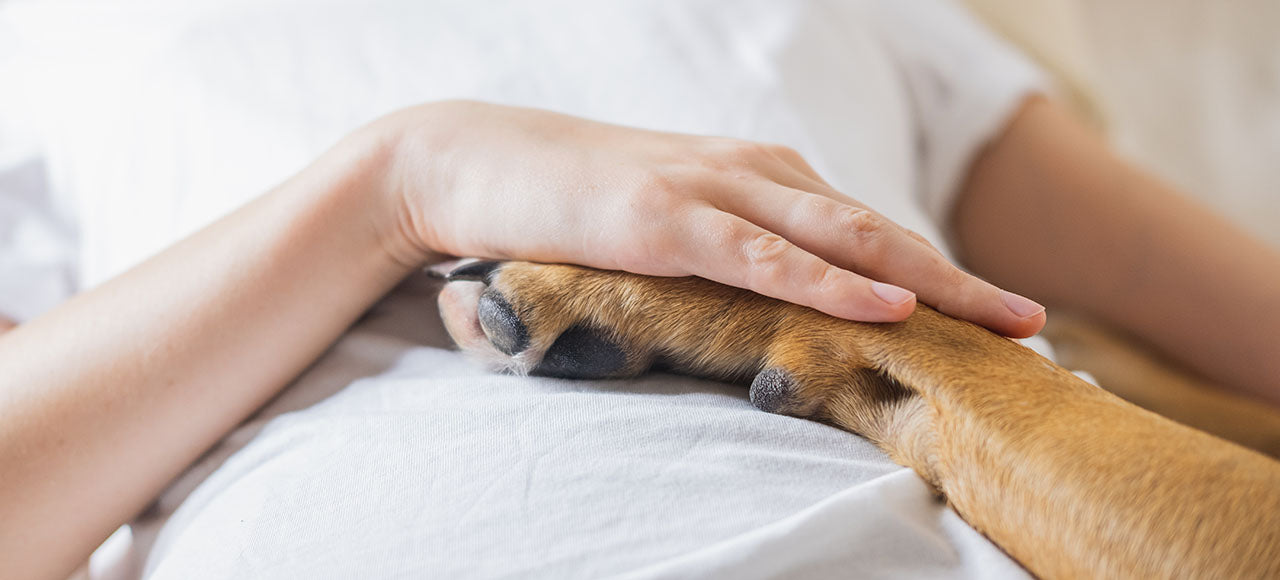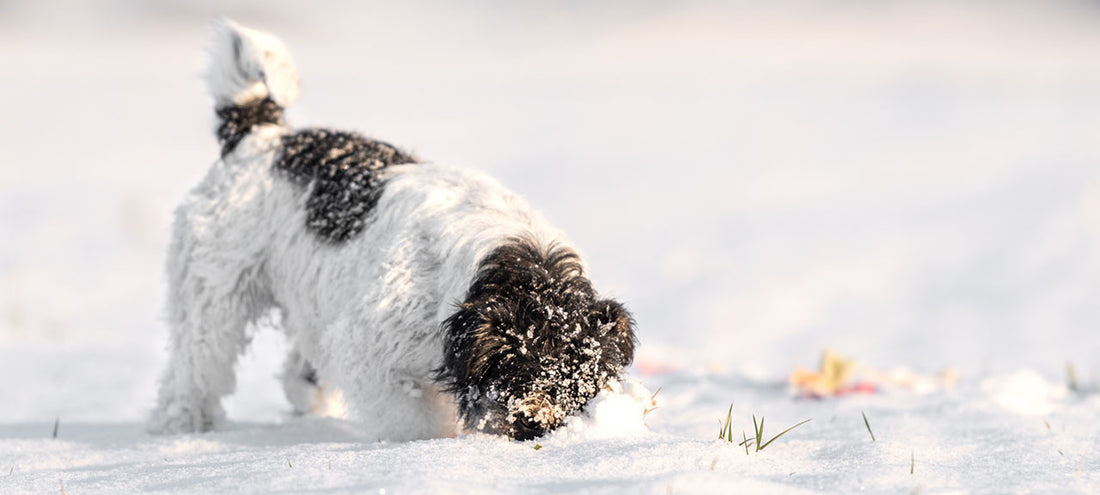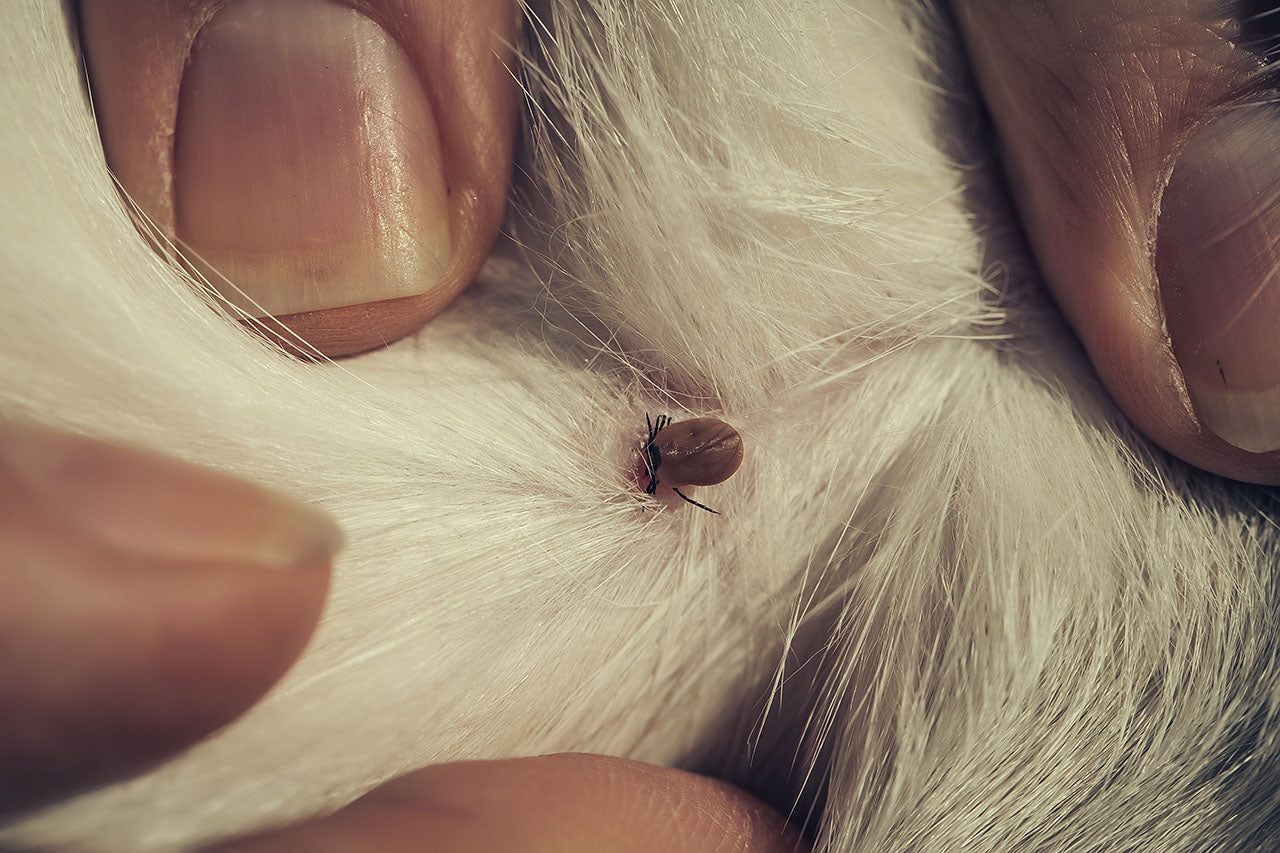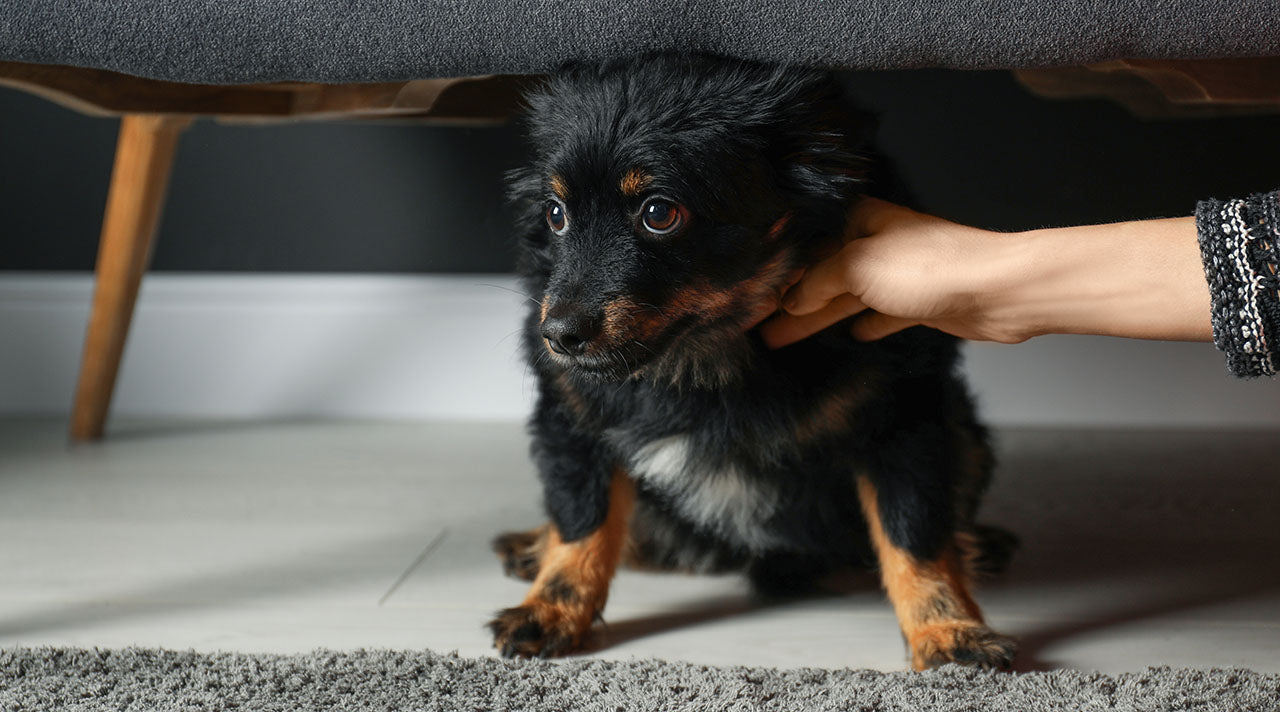As winter arrives and the world turns white, many dogs embark on a time of seemingly carefree fun - snow eating. But is this behavior really as harmless as it seems, or could it lead to snow gastritis? In this article, you'll learn more about why dogs eat snow, the risks involved, and when there is cause for concern.
Background of snow eating
Dogs explore their environment with their mouths, and eating snow can be out of curiosity, playfulness, or an attempt to hydrate. However, it can also be a symptom of nutritional deficiencies or health problems, including snow gastritis.
Snow Gastritis – A Cold Threat
Snow gastritis is an inflammation of the stomach that can be triggered by eating large amounts of cold snow. If ingested quickly, the snow can lead to a strong cooling of the stomach lining, which can cause irritation and inflammation. Symptoms of snow gastritis are vomiting, loss of appetite and abdominal pain.
Possible risks and consequences
Although snow eating is often harmless, there can be risks associated with it, including snow gastritis. Other dangers include hypothermia and swallowing contaminated snow, which may contain harmful substances such as road salt or antifreeze.
Detecting excessive snow eating
An occasional bite of snow is usually not dangerous, but excessive snow eating should be further investigated as it not only increases the risk of snow gastritis but could also be a sign of dehydration or malnutrition.
Measures to control snow eating
To prevent your dog from eating too much snow and thus reduce the risk of snow gastritis, offer him fresh water after the walk and ensure that he has a balanced diet. During walks, make sure that your dog does not eat more than a few bites of snow.
When snow becomes a problem: When should you go to the vet?
If your dog shows signs such as vomiting, malaise or diarrhea after ingesting snow, these could be symptoms of snow gastritis. In this case, it is important to consult a veterinarian immediately.
Snow eating as an indicator of health needs
Persistent snow eating could be an appeal to your dog's health and should be considered as a possible indication of snow gastritis or other needs, such as access to water.

Conclusion
- Some dogs occasionally eat snow, which can lead to complications such as snow gastritis.
- Contaminated snow carries risks of poisoning and should be avoided.
- Watch your dog for excessive snow eating as a potential sign of health problems.
- Always ensure you drink enough fluids, especially after winter walks.
- If you suspect snow gastritis or other unusual symptoms, contact a veterinarian immediately.
- Prevention through monitoring and good nutrition are important to protect your four-legged friend from the risks of snow eating.
If you need more information or are looking for support in dealing with your dog eating snow, we at alphazoo can help you. Together we will ensure that your dog gets through the winter healthy and happy.


















